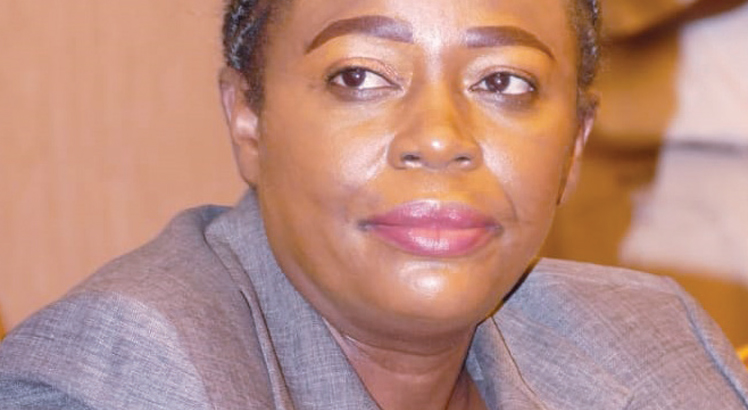Last week, President Lazarus Chakwera fired Minister of Agriculture Lobin Lowe and his deputy Madalitso Kambauwa Wirima for their perceived incompetence in the handling of the Affordable Inputs Programme (AIP).
Lowe and Wirima presided over the botched AIP fertiliser supply deal involving a United Kingdom-based company that ultimately cost taxpayers more than K725 million. Not to mention, the pair failed to address several other issues that surrounded the implementation of the AIP this year.
Kudos to Chakwera for dismissing the duo. Letting them stay on, especially after they missed his deadline to ensure that smallholder farmers, the targeted beneficiaries of the programme, had fertiliser in their local depots in time for the 2022/23 growing season.
The President is becoming more assertive and decisive as he grows into his presidency. However, one has to wonder if sacking the duo will fix all the problems. Firing the two ministers does not fix the misprocurement protocols that led to the award of the dubious contract that cost Lowe and Wirima their jobs.
It turns out the Malawi government has been duped twice before by international companies and/or firms hired to provide products and services. The government lost more than $500 000 or about K513 million at the current exchange rate.
It does not bode well for Malawi that the government has not yet recovered the money it lost in 2012 and 2016. There is a strong possibility that the K725 million government carelessly paid to the British firm will go down the drain.
The point is these dubious contracts predated Lowe and his deputy. Chakwera has fired several ministers, deputy ministers, aides and even suspended the delegation of presidential powers to Vice President Saulos Chilima over their alleged involvement in corruption.
Nothing changed then and it would be incredibly naïve to expect that the same tactic that has failed countless times before will produce positive results this time around.
Replacing Lowe without reforming the systems that allowed his alleged misconduct is like hiring a different person to ride a dead horse and expecting it to move. Chakwera should realise that he cannot keep throwing new people at the same broken system and expect a positive result.
It is clear by now that the only way to fix Malawi’s faulty public finance management system is to ensure compliance with the systems and procedures that govern government transactions, from procurement to audits.
Public Procurement and Disposal of Assets director Edington Chilapondwa said last week at the strategic launch of the authority’s partnership with Deloitte’s Tip Offs Anonymous to curb corruption in the country that 70 percent of corruption cases in Malawi come from shoddy procurement processes.
He further opined that “effective public procurement policies can be achieved if it is premised on basic procurement principles of transparency, accountability, fairness, value for money and competition, [as such], transparency must always be the central government’s principle.”
Organisation for Economic Co-operation and Development notes that integrating procurement systems in the government’s public financial management framework “is an essential component of ensuring sound and public financial management.
Linking and/or centralising government procurement procedures in the public financial management framework helps to “flag up potential overruns, spending and demand trends, and possible improprieties”.
In principle, if the government receives bids or quotations from several suppliers, it becomes easier for procurement officials to evaluate the bidders in terms of the capacity to provide the products and/or services required by Ministries, Departments and Agencies (MDAs).
Comparing the prices would quickly bring to public officials’ attention which suppliers have inflated their prices or have severely undervalued their products and services to a point where they would not be able to deliver the said services.
Conducting due diligence would also help public officials evaluate the bidders’ previous experience. One would think that the good folks at the Ministry of Agriculture skipped this step if they went on to award a company that does not have a proven track record in developing fertiliser.
Unfortunately, it is highly unlikely the public will learn why the Ministry awarded the contract. However, it is a clear indication that Malawi’s public procurement systems, as Chilapondwa rightly observed, are opaque and prone to abuse.
Strengthening compliance with procurement laws would ensure that MDAs conduct their due diligence on the competence of the suppliers and their capacity to deliver goods on time and at a reasonable cost.
As such, the President’s focus now should turn to strengthen the procurement systems to ensure the efficiency of public spending.
The post Prioritise reforms on procurement systems appeared first on The Nation Online.
 Moni Malawi
Moni Malawi 
